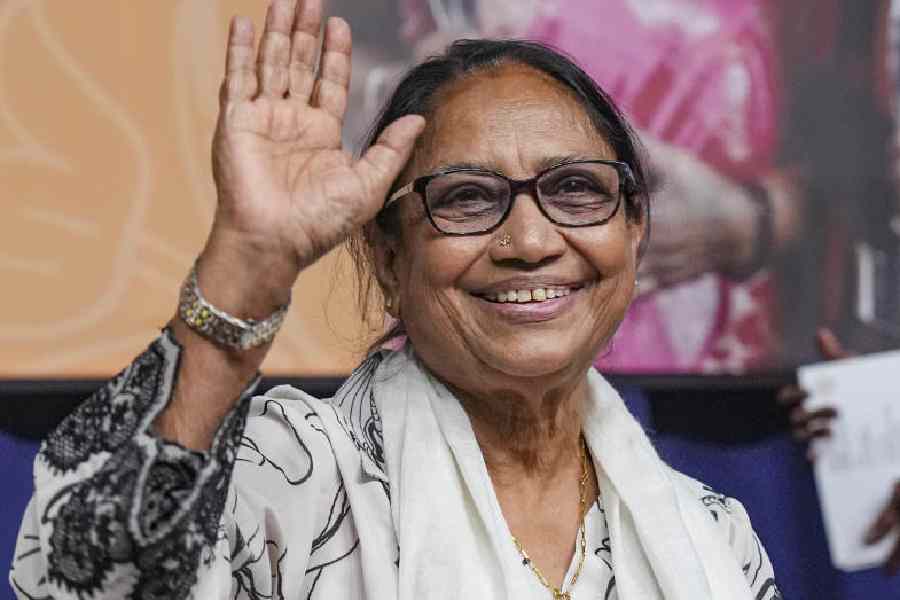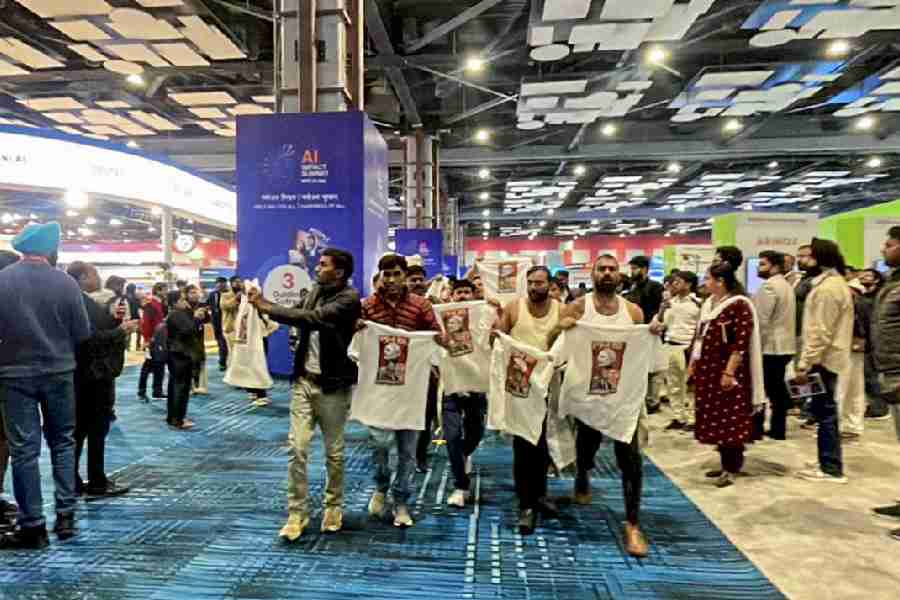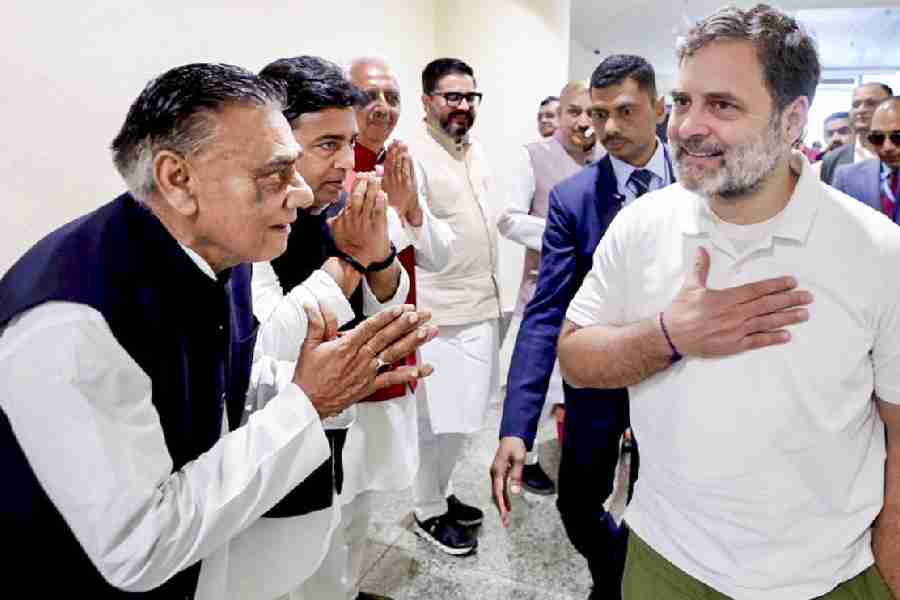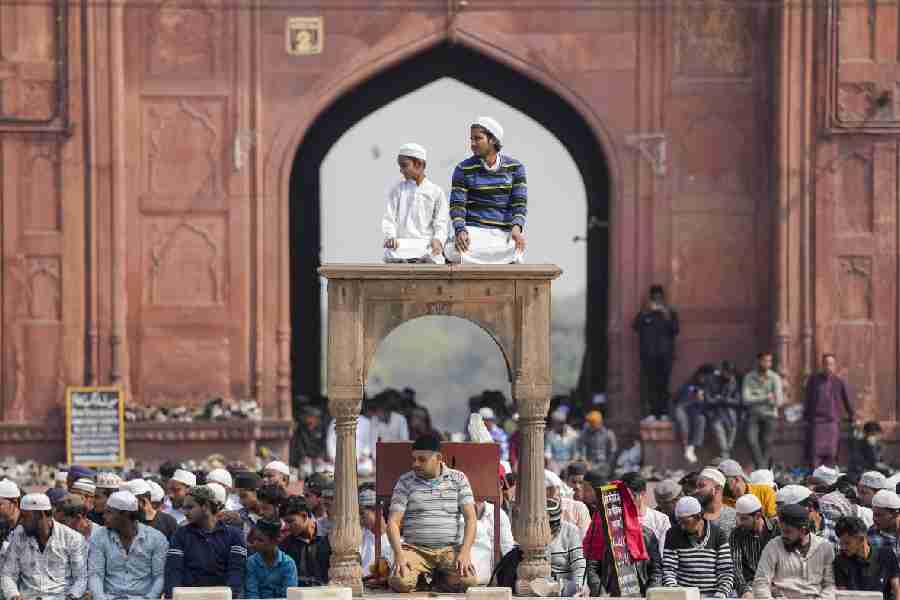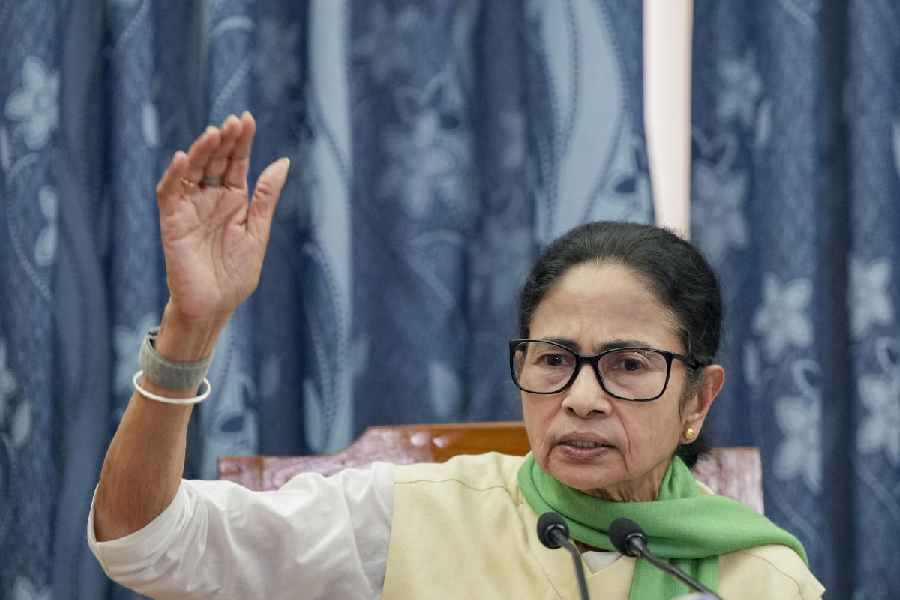The Supreme Court on Thursday agreed to examine an appeal challenging the Karnataka government’s decision to invite Booker Prize winner Banu Mushtaq to inaugurate this year’s Dussehra festival at Chamundeshwari Temple.
The petitioner has contended that inviting a Muslim to perform Hindu rituals violated the fundamental rights of Hindus under Articles 25 and 26.
A bench of Chief Justice B.R. Gavai and Justice K. Vinod Chandran agreed to consider the plea for urgent listing on Friday after counsel Sughosh Subramanyam pleaded that otherwise the inauguration would take place as scheduled on September 22.
While Article 25 grants every citizen the fundamental right to freedom of conscience, profession, and to practise one’s religion, Article 26 deals with the freedom to manage one’s religious affairs.
The petition filed by H.S. Gaurav, a resident of Karnataka, was dismissed by a two-judge high court division bench. Karnataka High Court permitted Mushtaq to inaugurate the Dussehra festivities, holding that no legal or constitutional right of the petitioners was being violated and that the participation of a person practising a particular faith or religion in the celebration of festivals of other religions did not offend constitutional rights.
Mushtaq received the Booker Prize this year for her work Heart Lamp, a collection of 12 short stories in Kannada depicting societal turmoil.
The appeal assailing the high court order and filed through advocate Nidhi Sahay raises the following issues for adjudication by the Supreme Court:
- Whether the high court had erred by not appreciating the fact that the invitation for the 2025 Dussehra Mahotsav clearly states that on September 22 between 10.10am and 10.40am, Banu Mushtaq would be inaugurating the festival inside the premises of the Chamundeshwari temple. The inauguration would involve the lighting of lamps before the sanctum sanctorum of Goddess Chamundeshwari, along with the offering of flowers, fruits, kumkum, arishina (turmeric) and other traditional items to the deity
- Whether the high court had erred by not appreciating the fact that for the inauguration of Dussehra festivities on the premises of the Chamundeshwari temple, a puja has to be performed, which cannot be performed by a non-Hindu. The puja must be performed as per Hindu rituals and it is the inauguration of the traditional 10-day Dussehra celebrations
- Whether the high court had erred by not appreciating the fact that the chief guest invited by the Karnataka government, Banu Mushtaq, belongs to the Muslim community and is therefore a non-Hindu. As such, she cannot perform rituals before the deity, which is against established Hindu religious and ceremonial practices
- Whether the high court had erred by not appreciating the fact that while the state may support cultural celebrations, it cannot alter or dilute the inherently religious character of a Hindu festival rooted in temple and agamic traditions.

